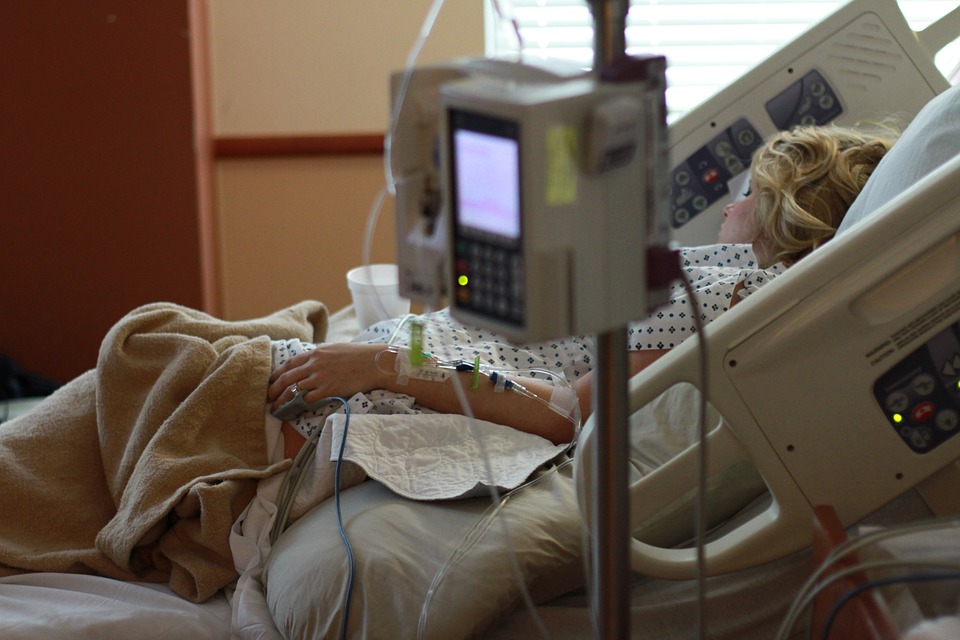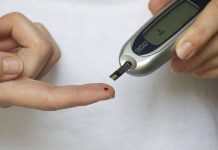Traditional Menopause occurs when the ovaries reduce production slowly over time. Menopausal symptoms begin before the cessation of menstrual periods and can last for more than twelve months.
Surgical menopause refers to the biological changes that occur after the removal of both ovaries, or bilateral oophorectomy. Once the ovaries are gone, the body is forced into a rapid menopausal state.
“the surgical menopausal state is caused by the rapid loss of ovarian hormone production that occurs after a bilateral oophorectomy”
What is Surgical Menopause?

As noted above, the surgical menopausal state is caused by the rapid loss of ovarian hormone production that occurs after a bilateral oophorectomy. What is Surgical Menopause used for? This surgery is generally considered necessary for women suffering from ovarian cancer. Those suffering from severe and debilitating endometriosis can also experience relief from their pain after a bilateral oophorectomy. Women fighting certain types of breast cancer can also be helped by the removal of the ovaries.
It’s important to note that bilateral oophorectomy is not the same as a hysterectomy. Hysterectomy refers to the removal of the uterus and sometimes the cervix. This surgery leaves your ovaries intact, though you will no longer have periods and can’t get pregnant. However, if the ovaries are left intact you may be able to undergo a normal menopausal process.
What Happens to Your Body Once You Undergo Surgical Menopause?

“Your sex life will change, but it doesn’t have to hurt.”
Once the ovaries are gone, your level of estrogen and progesterone will drop rapidly. Typical symptoms of the menopausal process, including hot flashes and night sweats, can show up quickly and be quite severe. Some women suffer severe mood swings or can enter depression. If you’re approved for hormone replacement therapy, all of these conditions can be lessened once the HRT treatments begin.
Over time, even without HRT, the menopausal symptoms will likely decrease. You will then need to prepare and work to counteract the other health challenges brought on by the menopausal process, such as osteoporosis and heart disease.
Once you’ve recuperated from your surgery, it’s important to be gentle with yourself as you adjust to your new state of normal. Challenges such as vaginal dryness or pain with intercourse can be reduced with externally applied lubrication. Honest and possibly uncomfortable communication with your partner can also reduce this discomfort. Your sex life will change, but it doesn’t have to hurt.
Women should also be aware that the urethral lining can also thin and lose strength. This may result in pressure-related incontinence. Coughing, laughing and lifting may lead to leakage.
Natural Remedies to Ease the Symptoms of Surgical Menopause
“Supplements such as black cohosh are considered helpful in reducing symptoms such as hot flashes.”

There are many suggested natural remedies for menopausal symptoms. Certain phytoestrogen compounds are recommended to ease the process, but be certain to discuss any supplementation plans with your physician before you get started.
Supplements such as black cohosh are considered helpful in reducing symptoms such as hot flashes. However, over-exposure to this herb and others used to treat hot flashes can be hard on your liver. Again, discuss this course of treatment with your doctor.
Some natural steps that you can do to reduce your symptoms are
- Exercise. This is a great way to boost your mood, and many women find their hot flashes are reduced if they work up a sweat at the gym.
- Fiber. You may experience sluggish digestion after this surgery. Fiber will help you eliminate effectively.
- Water. Any time you boost your fiber intake, you have to bump up your water. Get in the habit of always traveling with a water bottle.
- Journaling. Track what you eat each day. This can help you figure out foods and beverages that trigger hot flashes.
- Invest in 100% cotton bedding to stay as comfortable as possible while you rebuild your sleeping schedule.
- Avoid sugars and keep up your protein intake.
- Consider adding a mindfulness practice to help you focus and concentrate.
Conclusion
The decision to undergo the removal of your ovaries is not to be taken lightly. You have likely been encouraged to under the surgery to protect you from something much more hazardous than a natural menopausal process. However, bilateral oophorectomy is a rapid and forceful way to enter the menopausal process and may leave you feeling fragile and frightened. Be patient with yourself.
Sources & References:
https://menopaus.newlifeoutlook.com/how-long-does-menopaus-last/2/
https://www.earlymenopaus.com/surgical-menopaus/
https://www.medicinenet.com/menopaus/article.htm
https://www.healthline.com/nutrition/11-natural-menopaus-tips#section11





















